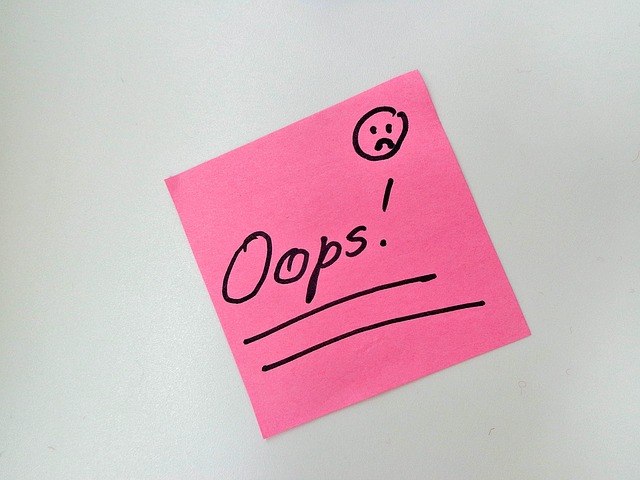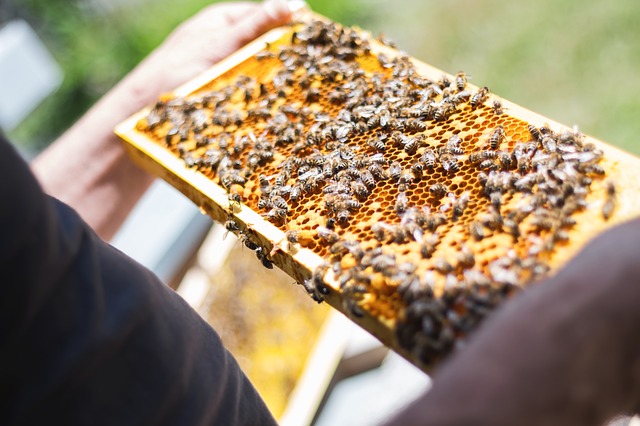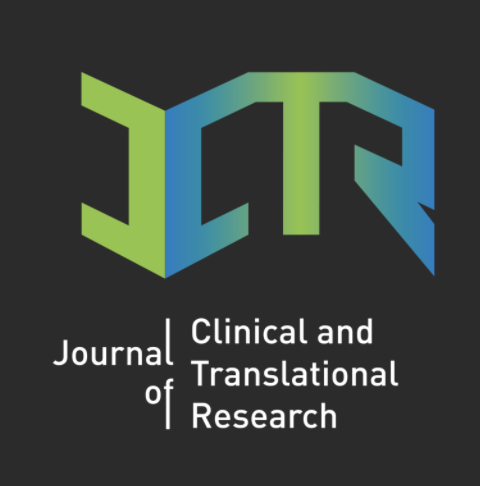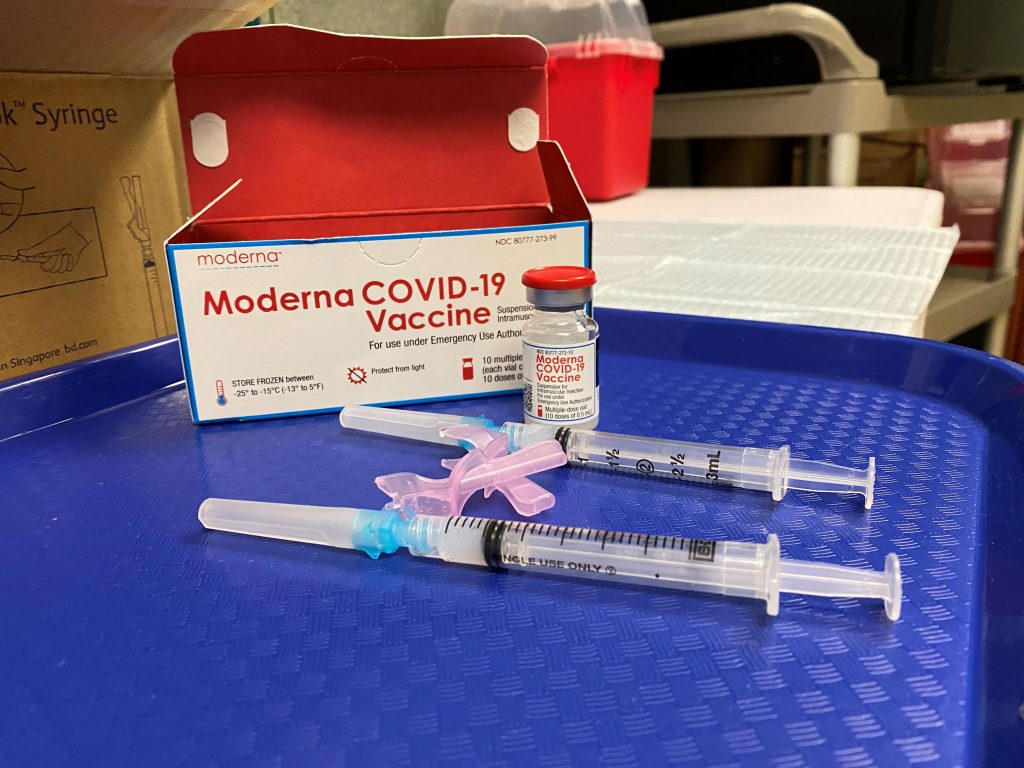
Before we present this week’s Weekend Reads, a question: Do you enjoy our weekly roundup? If so, we could really use your help. Would you consider a tax-deductible donation to support Weekend Reads, and our daily work? Thanks in advance.
The week at Retraction Watch featured:
- Company fires employee, ends cash for citation scheme following Retraction Watch post
- Another journal distances itself from cash for citations after Retraction Watch report
- Paper linking COVID-19 vaccines to myocarditis is temporarily removed without explanation
- Lancet retracts 10-year-old case report
- Publisher investigating paper a lucrative scale is based on following Retraction Watch reporting
- When ‘out of print’ really means ‘retracted’
- Scientist blames grad student for gibberish book chapter — a charge she calls ‘crazy’
- Publisher does a “thorough sweep” of alternative medicine journal after a paper is published in error
Our list of retracted or withdrawn COVID-19 papers is up to 183. There are now more than 30,000 retractions in our database. And have you seen our leaderboard of authors with the most retractions lately?
Here’s what was happening elsewhere (some of these items may be paywalled, metered access, or require free registration to read):
Continue reading Weekend reads: Peer review during the pandemic; CEO out after doctored research; more on COVID-19 vaccines and myocarditis






